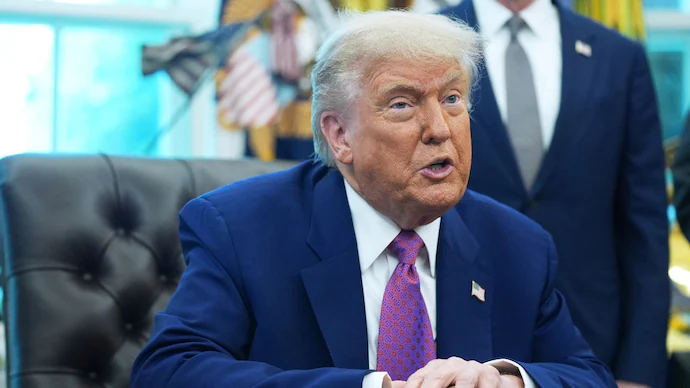Trump Steps Back, Credits India and Pakistan Leaders for Ceasefire
Related Articles
12 Dead In Haryana Village As Suspected Contaminated Water Sparks Health Crisis
At least 12 people, including five schoolchildren, have died over the past 15 days in Chayansa village of Haryana’s Palwal district, triggering alarm among...
चुनाव से पहले कांग्रेस को झटका: अय्यर बोले — “विजयन ही बनेंगे फिर सीएम”, केरल की राजनीति गरमाई
केरल में आगामी विधानसभा चुनावों से राजनीतिक गतिविधियां तेजी से बढ़ रही हैं। कांग्रेस पार्टी पिछले 10 साल से सत्ता से बाहर रहने के...
Delhi To Launch WhatsApp Governance Project, Trial Run Expected Next Month
The Delhi government is set to begin trial runs of an ambitious WhatsApp-based governance project next month, a move officials say could transform how...


